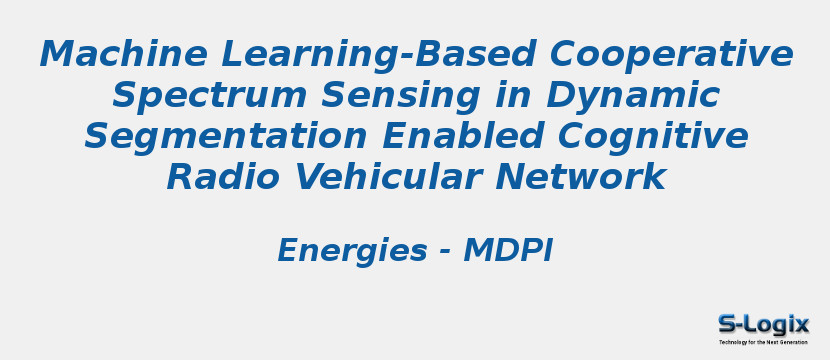Research Area: Vehicular Ad Hoc Networks
A vehicle ad hoc network (VANET) is a solution for road safety, congestion management, and infotainment services. Integration of cognitive radio (CR), known as CR-VANET, is needed to solve the spectrum scarcity problems of VANET. Several research efforts have addressed the concerns of CR-VANET. However, more reliable, robust, and faster spectrum sensing is still a challenge. A novel segment-based CR-VANET (Seg-CR-VANET) architecture is therefore proposed in this paper. Roads are divided equally into segments, and they are sub-segmented based on the probability value. Individual vehicles or secondary users produce local sensing results by choosing an optimal spectrum sensing (SS) technique using a hybrid machine learning algorithm that includes fuzzy and naïve Bayes algorithms. We used dynamic threshold values for the sensing techniques. In this proposed cooperative SS, the segment spectrum agent (SSA) made the global decision using the tri-agent reinforcement learning (TA-RL) algorithm. Three environments (network, signal, and vehicle) are learned by this proposed algorithm to determine primary (licensed) users’ activities. The simulation results indicate that, compared to current works, the proposed Seg-CR-VANET produces better results in spectrum sensing.
Keywords:
Author(s) Name: Mohammad Asif Hossain , Rafidah Md Noor, Kok-Lim Alvin Yau , Saaidal Razalli Azzuhri, Muhammad Reza Zaba , Ismail Ahmedy and Mohammad Reza Jabbarpour
Journal name: Energies
Conferrence name:
Publisher name: MDPI
DOI: 10.3390/en14041169
Volume Information: 2021, Volume 14, Issue (4), 1169
Paper Link: https://www.mdpi.com/1996-1073/14/4/1169
